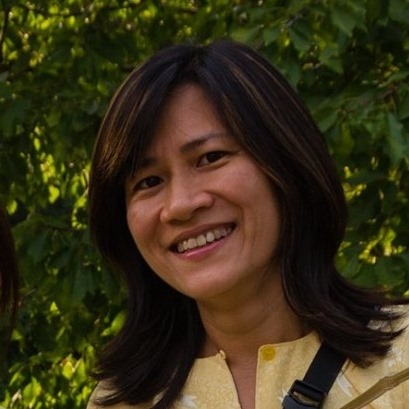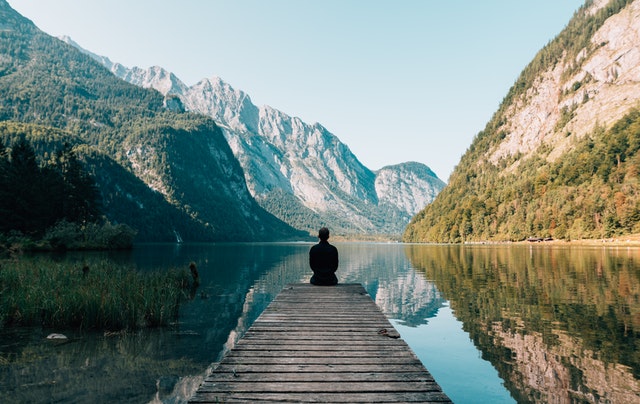I remember last year when I was in severe burnout, I could not stand the… radio alarm in the morning! Television, children crying, loud-talking, traffic noise… All sounded terrible to my ears. Do you experience the same?
Burnout leads to sound hypersensitivity
As you may have noticed, emotional exhaustion, including burnout, can lead to hypersensitivity to noise. For a burnout person, the noise level of a normal conversation can seem uncomfortably loud.
Scientists at the Karolinska Institute and Stockholm University’s Stress Research Institute in Sweden did a research on this problem. It showed that stress makes exhausted women over-sensitive to sounds. They were tested with a few minutes’ artificially induced stress. “In some cases, a sound level corresponding to a normal conversation can be perceived as painful”. (Dan Hasson).
”If you’re emotionally exhausted from work, from taking care of children and family, from a lack of sleep, or any combination of these circumstances, pay attention to changes in your hearing”, advised Elizabeth Shimer Bowers in her article with Everyday Health.
Practicing the “Noble Silence”
“Silence is gold”, you might have heard it. But it is more!
Do you remember, a moment at a lunch with colleagues, you feel obliged to talk, just because the silence creates some discomfort?
You might wonder, why in our society, the silence does not have its place. A dinner with television sound in the background. Noisy lunches in the canteen. Agitating assemblies after-work…
While silence is more than gold. It is noble.
Sit silently. You will have the chance to feel your body. Feel the tension. Feel the contact with the chair, the cushion. Hear the rain. Hear the wind. See a few leaves left on the trees in wintertime.
Eat silently. You will fully savor the food. Feel the texture of the vegetables. Smell a grain of rice. Taste the freshness of water.
Noble silence is a lapse of time when you allow yourself and others not to talk. It “does not mean that we are not allowed to talk. It means that we don’t have to talk, we have no obligation to talk during that period of the day or night” (Plum Village)
I participated in a meditation retreat in the Kanshoji temple. During a “sesshin” (retreat), all monks and zazen practitioners ate in silence. In Plum Village, we had 20 minutes to eat in silence during our breakfast. Each person could choose a nice place, preferably in the garden or facing the nature, alone, and ate silently our bowl.
The Silence that heals
“Silence becomes Noble when it is an Inner Silence. The mind is calm and at ease”, said Sister Chân Diệu Nghiêm.
It is that Inner Silence, the Noble Silence, that helps us recover from the sufferings caused by our stress, our agitations, our burnout in this ever-running and busy world.
The stillness of mind heals. As said Thich Nhat Hanh, “When we give ourselves the chance to let go of all our tension, the body’s natural capacity to heal itself can begin to work“.
Start today to practice Noble Silence. Find a calm place in nature, and eat your bowl in silence. Appreciate. And heal.
Read more:
I made a friendship with my pain: How meditation helps me overcome burnout
Buy Thich Nhat Hanh’s Book Silence: The Power of Quiet in a World Full of Noise


